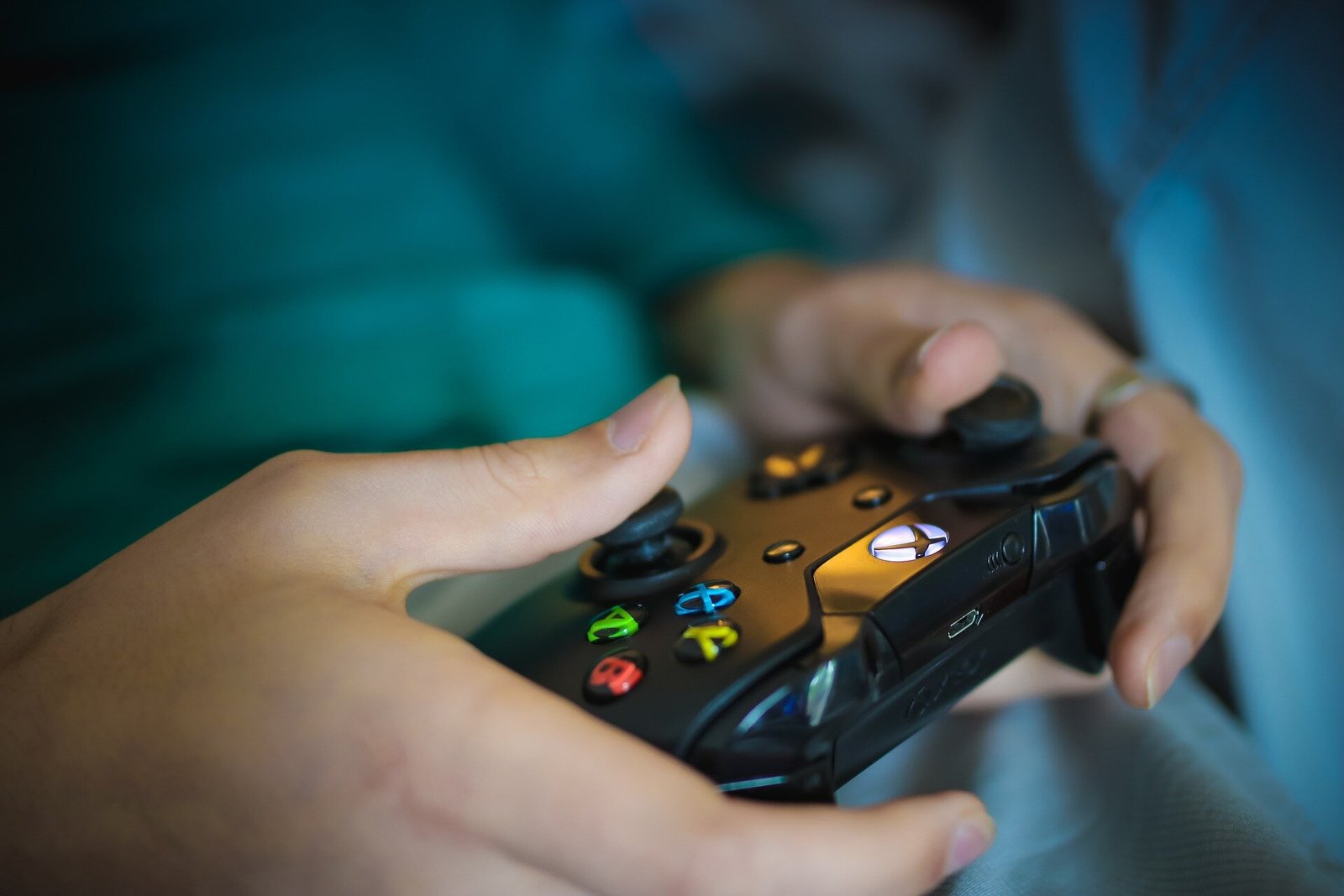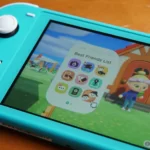In this article, we will explore the ten reasons why gaming is more than just a hobby. Are you one of those people who think that gaming is just a hobby? Think again! Gaming is much more than just a pastime activity, and it has numerous benefits that people often overlook. From improving cognitive skills to socializing with people from around the world, gaming is a vast world of opportunities.
Gaming Improves Cognitive Skills
Table of Contents
Studies have shown that gaming can improve cognitive skills such as attention, memory, and spatial reasoning. Games require players to think critically, solve problems, and make quick decisions, which can enhance their cognitive abilities. Gaming also involves hand-eye coordination and improves reaction time, which can be useful in other areas of life as well.
Gaming Can Help with Mental Health Issues
Gaming has been found to be an effective tool for managing mental health issues such as depression, anxiety, and stress. Video games can provide a temporary escape from reality, helping players relax and de-stress. They can also serve as a way to cope with difficult emotions and improve overall mental health.
Gaming Enhances Creativity
Many games allow players to explore their creative side by designing their own characters, building structures, and creating entire worlds. This freedom of expression and creativity can transfer to other areas of life, such as writing, art, and even problem-solving.
Gaming Promotes Problem-Solving Skills

Many video games require players to solve puzzles and overcome obstacles to progress through the game. These problem-solving skills can be applied in other areas of life, such as school, work, and personal relationships. Gaming also helps players learn from their mistakes and find innovative solutions to challenges.
Gaming Boosts Social Skills
Playing video games can be a social activity, whether it’s online with friends or in-person with family members. Multiplayer games require teamwork and communication, which can improve social skills and build stronger relationships. Online gaming also allows players to connect with people from all over the world, exposing them to different cultures and perspectives.
Gaming Helps with Learning

Many educational games have been developed to help children and adults learn new concepts and skills.
Advantages:
- Improves cognitive function: Playing games can improve cognitive abilities such as memory, attention, and problem-solving skills.
- Develops social skills: Online gaming allows players to interact with people from all over the world, which can help to develop communication and collaboration skills.
- Enhances creativity: Games often involve creating or building things, which can stimulate creativity and imagination.
- Reduces stress: Gaming can provide a healthy escape from daily stressors and can promote relaxation and stress reduction.
- Boosts confidence: Achieving goals and completing challenges in games can boost self-confidence and provide a sense of accomplishment.
- Builds teamwork: Many games require players to work together to achieve a common goal, which can build teamwork and cooperation skills.
- Provides entertainment and fun: Gaming is a source of entertainment and fun that can provide a break from the monotony of everyday life.
- Increases hand-eye coordination: Playing fast-paced games can improve hand-eye coordination and reaction time.
- Teaches problem-solving: Many games require players to solve complex problems and puzzles, which can improve critical thinking and problem-solving skills.
- Fosters learning: Many educational games are available that can teach valuable skills such as language, math, and history, making gaming a tool for learning and development.
Read More:The Evolution of Gaming: A Look at the History and Future of Video Games in 2023
Conclusion:
gaming is much more than just a hobby. It has evolved into a multi-billion dollar industry and has become an integral part of modern-day entertainment. Gaming not only provides an immersive and engaging experience but also helps individuals develop various cognitive, social, and emotional skills. With the advent of advanced technology, gaming has also become a platform for artistic expression and storytelling. The impact of gaming on society cannot be ignored, and it is clear that it will continue to evolve and shape the future of entertainment.
FAQs:
Q: What are some of the cognitive benefits of gaming? A: Gaming can improve cognitive abilities such as attention, spatial awareness, problem-solving, and decision-making.
Q: Can gaming be addictive? A: Yes, gaming can be addictive, just like any other activity that provides pleasure and rewards.
Q: Is gaming only for young people? A: No, gaming is enjoyed by people of all ages, and there are games available for all age groups and skill levels.
Q: Can gaming help with social skills? A: Yes, gaming can help individuals develop social skills by providing opportunities for communication, teamwork, and cooperation.
Q: Are there any negative effects of gaming? A: Excessive gaming can lead to negative effects such as addiction, social isolation, and physical health problems. However, moderate gaming is generally considered safe and can have many benefits.




